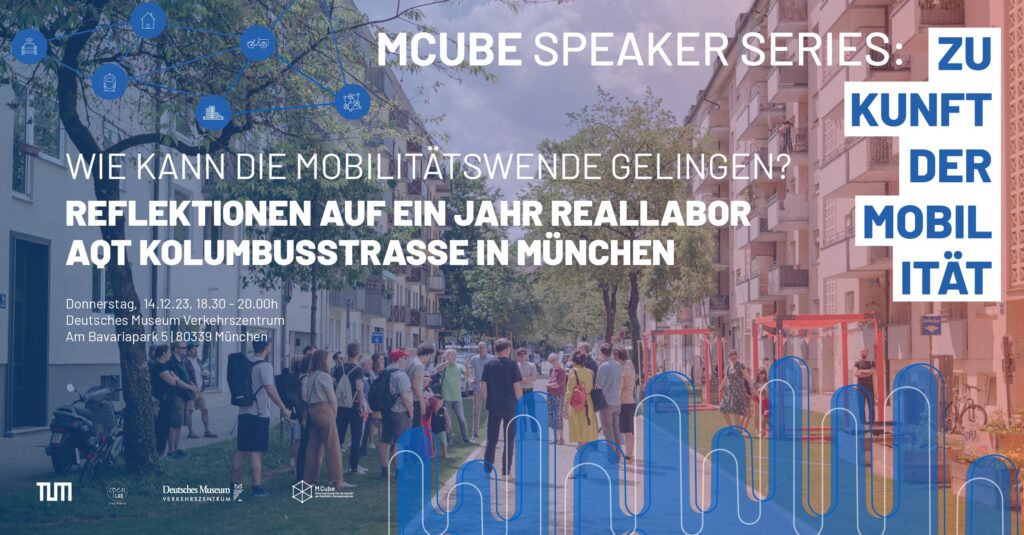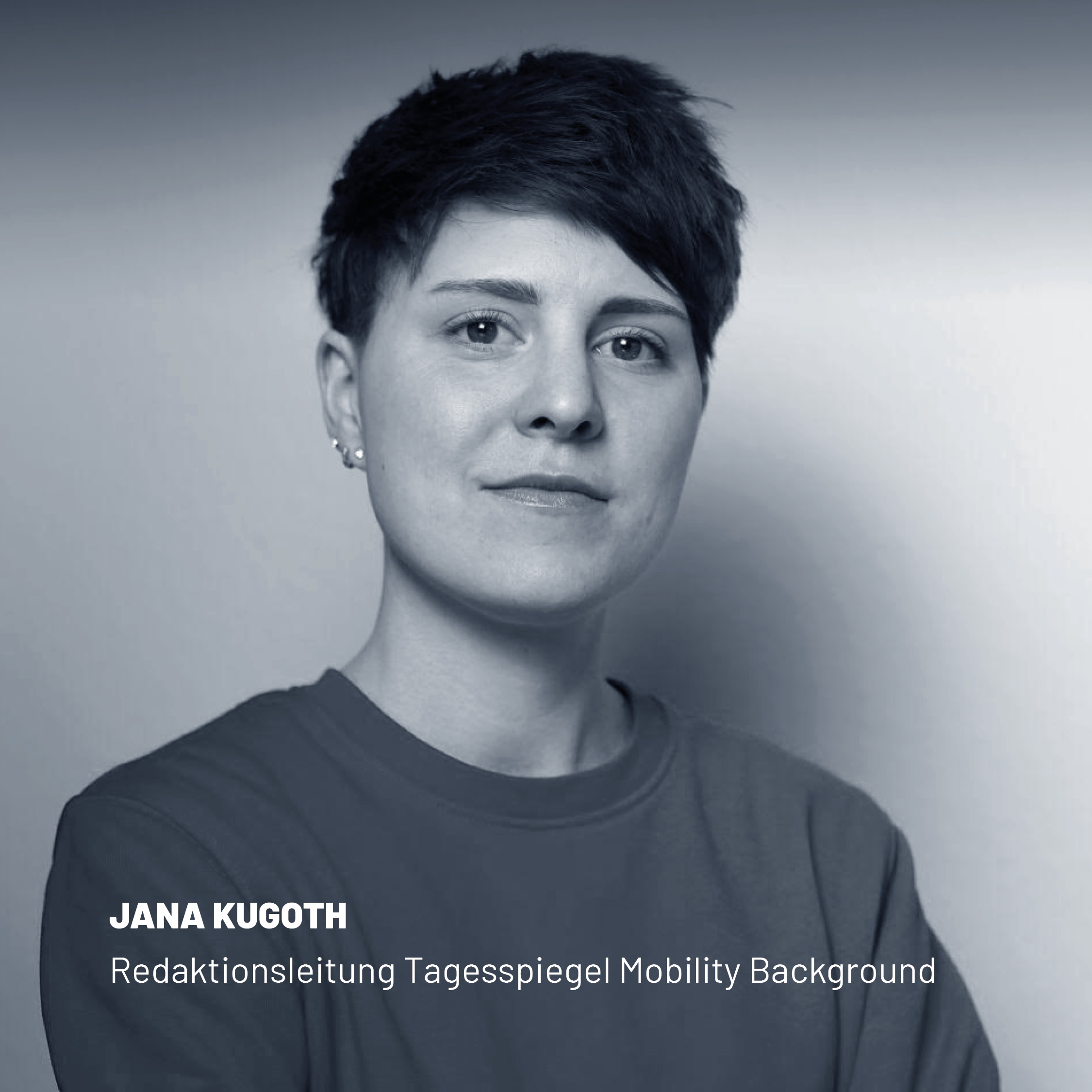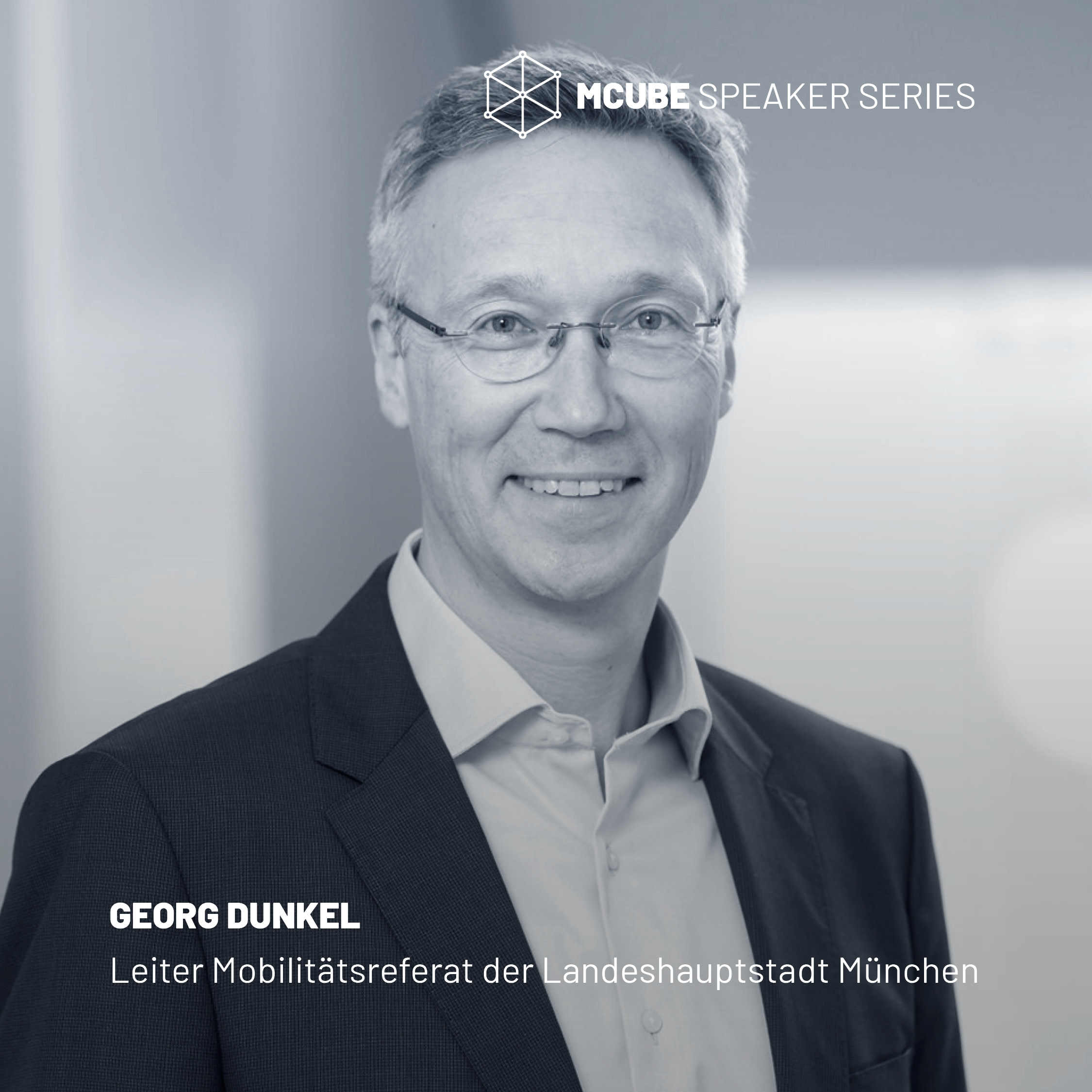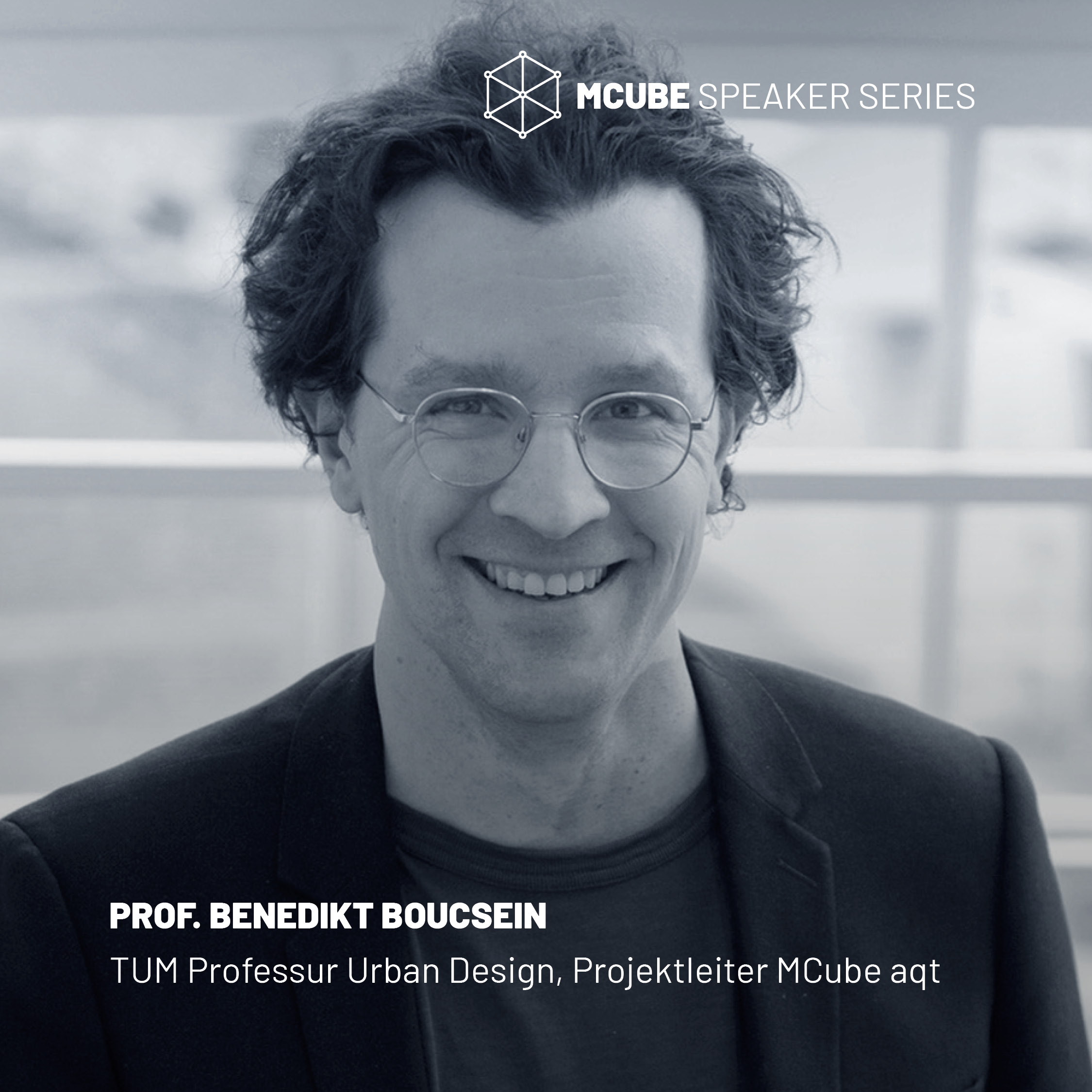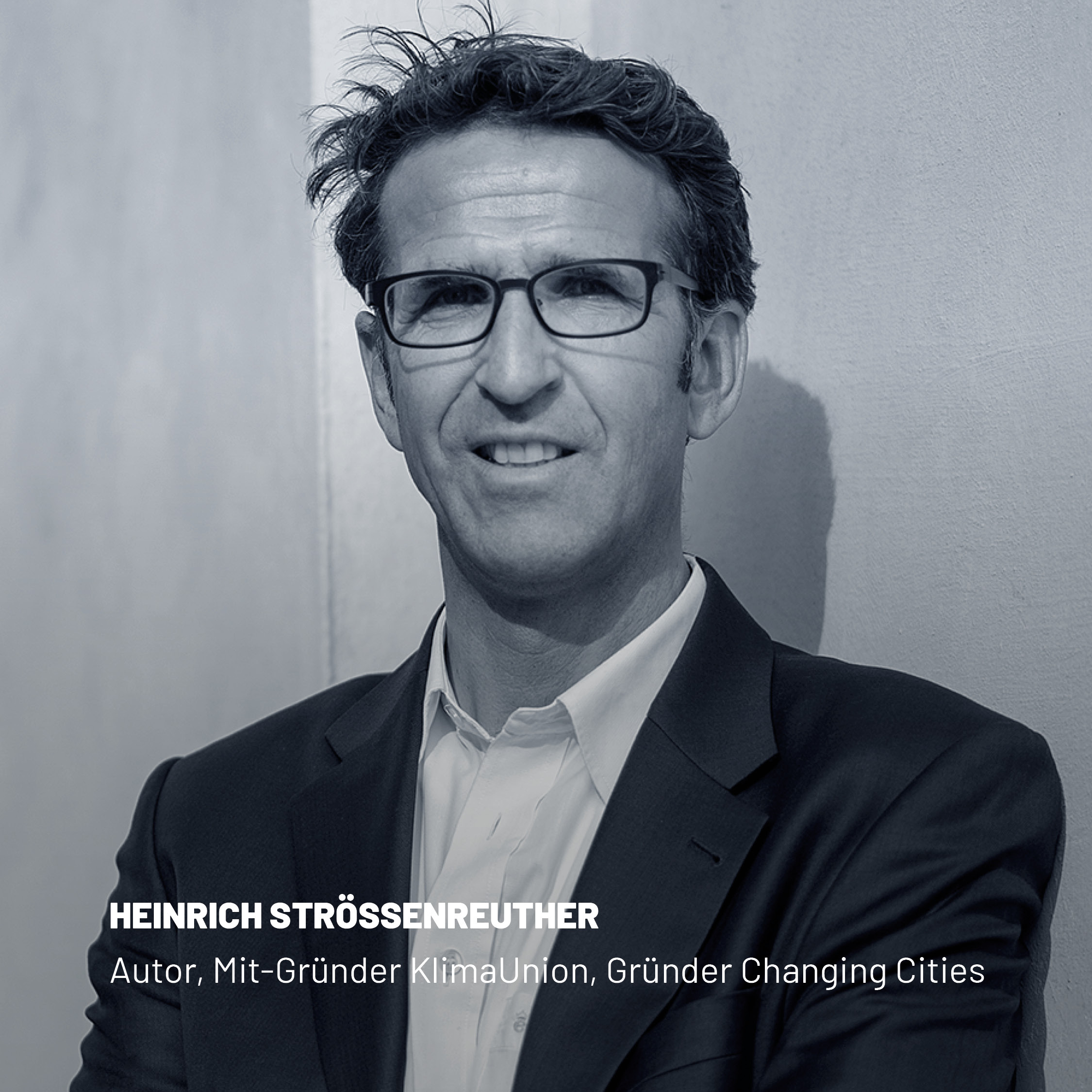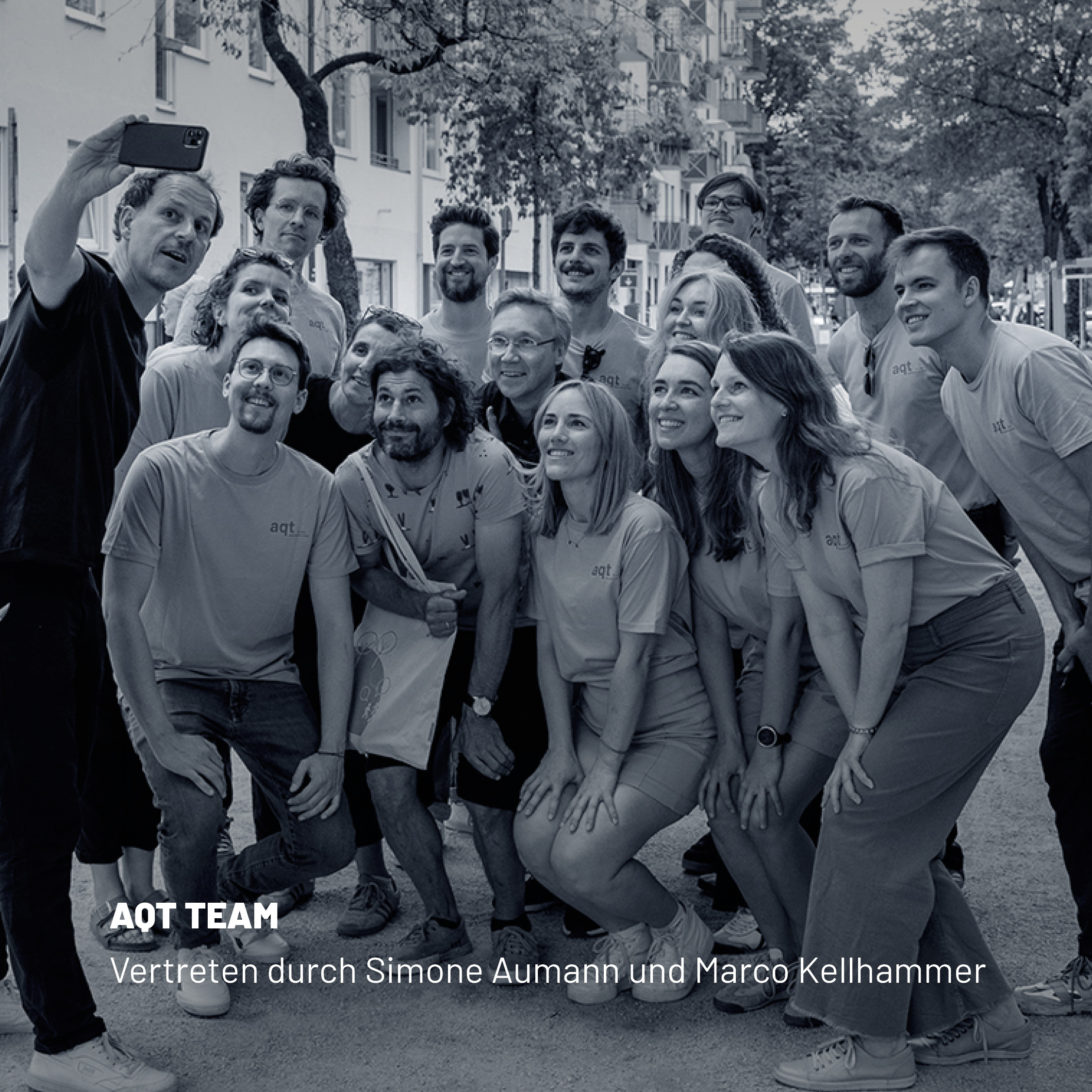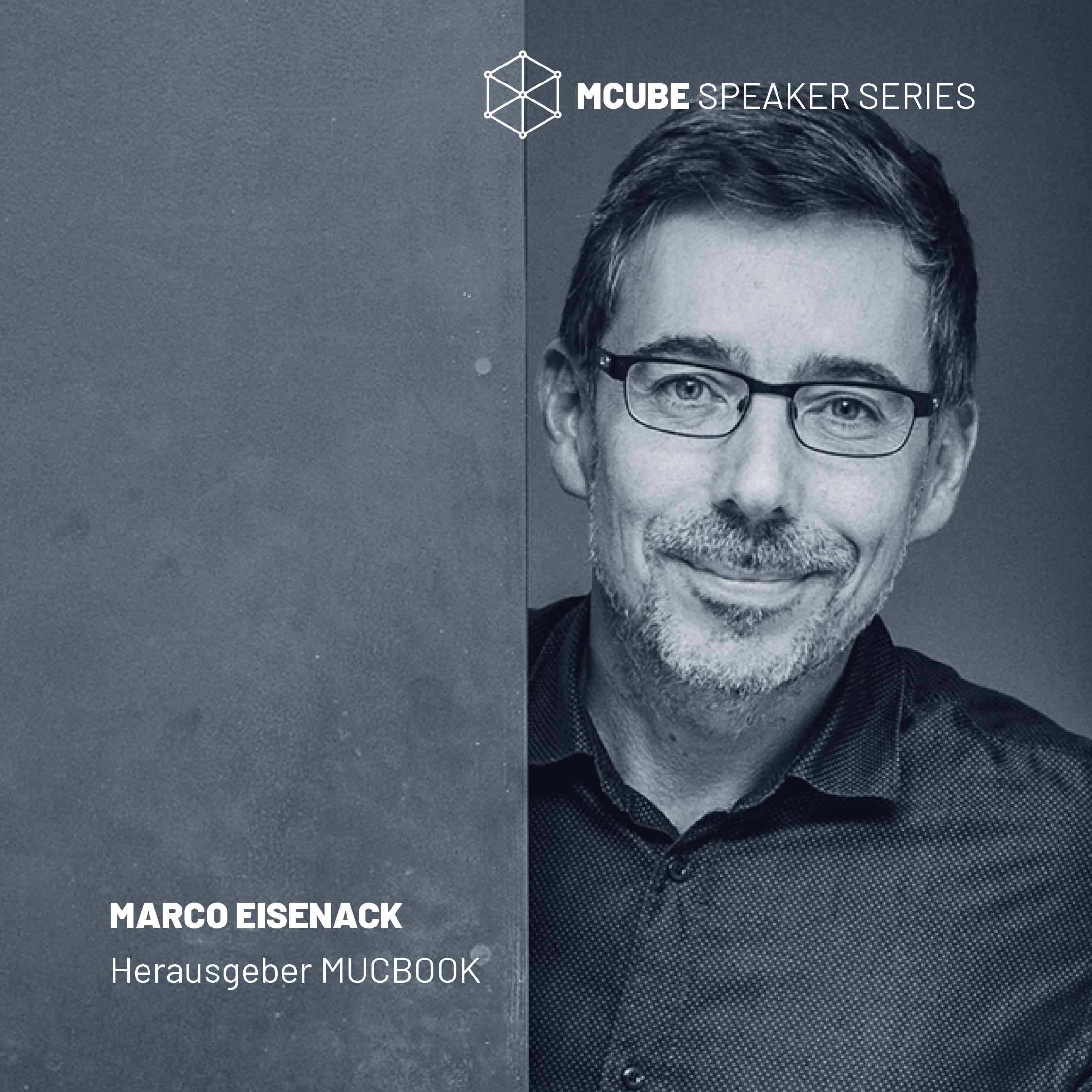We cordially invite you on 14.12.23 to highlight the findings of aqt and discuss strategies for the mobility transition.
In surveys, the vast majority agree that we need to do more to protect the climate in Germany! But what does it look like when these changes affect our personal living space?
In summer 2023, the Kolumbusstraße and Walchenseeplatz real-world laboratories of the MCube lighthouse project aqt - car-reduced neighborhoods for a livable city - put this question into practice using a real neighborhood experiment. As part of the MCube future cluster, this project in Munich transformed sections of street into green oases for people to spend time in, rededicated 81 parking spaces, promoted active mobility through innovative start-ups and offers from the mobility department, and created neighborly coexistence through urban gardening. The redesign was met with both commitment and resistance. These contrasting reactions reflect the complexity of social change and raise the essential question of how we can shape the mobility transition in such a way that we not only meet the challenges in an informed manner, but also increase the quality of life in our cities at the same time?
The aqt project shows what is already feasible today and stimulates discussions about future challenges, wishes and fears. The reorientation of our mobility habits plays a key role in this. supported by intelligent planning in existing neighborhoods.
Our event will focus on key questions:
- Transformation is now: The need for action in mobility is growing, standing still means going backwards - how we can initiate, communicate and moderate change across the board.
- The task of cities for a successful mobility transition: How can administrative processes, communication channels and participation procedures be optimized to enable rapid and effective implementation of the mobility transition in cities?
On December 14, we cordially invite you to highlight the findings of the aqt project and discuss strategies for a sustainable and inclusive mobility transition.
You can look forward to impulses and discussions with the following experts:
Jana Kugoth has headed the Mobility Background team, of which she is a founding member, since summer 2020. She previously wrote for the digital magazine Gründerszene, primarily about new business models and start-ups in the mobility and logistics sector. After studying media studies, German studies and library and information science in Berlin, Jana Kugoth initially trained as a journalist at the Berlin business and energy magazine Bizz Energy, for which she also reported on the global climate conferences in Paris and Marrakesh.
Georg Dunkelborn in 1973 in North Rhine-Westphalia, studied civil engineering with a focus on transportation and spatial planning at the RWTH Aachen University. He has headed the Mobility Department of the City of Munich since it was founded in early 2021.
His work for the City of Munich began in 2000 in the Department of Transport Planning in the Department of Urban Planning and Building Regulations. There, he headed the West working group and later the Transport Planning Policy Department. In 2017, he took over as Head of the Transport Planning Department. Together with his teams, Dunkel developed the goals and guidelines for transport and mobility in Munich, drew up action and measure concepts and was responsible for conceptual traffic development planning as well as research and innovation projects.
Benedikt Boucsein is an architect and urban planner. He studied at RWTH Aachen University and ETH Zurich, where he also completed his doctorate and taught and researched as an assistant from 2007 to 2017. He has been a partner in the architecture firm BHSF Architekten in Zurich since 2007 (with a branch office in Munich since 2020) and was the founder and co-editor of Camenzind magazine from 2005-2018. In 2018, he was appointed to the professorship for Urban Design at TUM. The professorship researches the topic of the city with regard to the core topics of community, mobility, framework conditions, technologies as well as exchange and debate. In addition to the AQT project, research is also being conducted into sustainable train stations, family living in communal housing, the environments of large office complexes, as well as major airports and new forms of architectural teaching.
Heinrich Strößenreutheronce described as "Germany's most successful transport lobbyist", has made a significant contribution to the political shaping of the transport revolution. His initiatives, including the bicycle referendum and the first German bicycle traffic and mobility law, influenced Berlin's transport policy and served as a model for over 50 bicycle referendums nationwide. As the initiator of the GermanZero initiative, he campaigned for a 1.5-degree climate law in 2019 and aimed to achieve climate neutrality in Germany by 2035. In 2021, he founded the KlimaUnion to support the CDU and CSU with an effective 1.5°C policy. Strößenreuther, an experienced manager at Deutsche Bahn and former Greenpeace campaigner, has been involved in various areas, including start-ups and the KlimaUnion. His professional motto of protecting the environment and having fun at the same time characterizes his multifaceted commitment.
Born into an environmentally conscious CDU family, Strößenreuther has been actively campaigning for environmental protection, ecological structural change and a turnaround in transportation since 1991. His ability to bring about change is reflected in numerous awards and accolades, including the German Cycling Award 2018 and the EuroBike Award 2016.
With his membership in the CDU since 2021 and the founding of the KlimaUnion, Strößenreuther is striving for a constructive climate opposition policy. He pursues the goal of criticizing the Paris Gap of the traffic light government, presenting convincing election programs in terms of climate policy and promoting climate transformation at local level.
AQT Teamrepresented by Marco Kellhammer and Simone Aumann
Marco Kellhammer
Marco Kellhammer works at the interface between research and design. He studied industrial design with a focus on social and ecologically sustainable development and worked for several years at the Institute of Design Research Vienna. He is currently working on his doctorate at the Chair of Urban Design at the Technical University of Munich and is part of the project management team of the transdisciplinary research project MCube aqt.
Simone Aumann
Simone Aumann works on the transdisciplinary research project MCube aqt and holds a master's degree in environmental engineering with a focus on transportation planning and technology. As a doctoral student at the Chair of Settlement Structure and Transport Planning, she is researching mobility behavior and attitudes as well as their change through car-reducing measures using the example of MCube aqt.
About the moderator:
Marco Eisenack
Marco Eisenack has been presenting to large and small audiences, with citizens and decision-makers, online and on stage since 2005. His proven expertise lies in the field of urban development with the areas of sustainability and innovation, architecture and mobility, art and culture - always with a focus on a sustainable city.
He is a graduate of the German School of Journalism, former member of the editorial staff of Süddeutsche Zeitung, author for print, radio, online and TV (Spiegel, 3sat, BR, Stern, AZ, Merkur etc.) He is also editor of MUCBOOK, founder of MUCBOOK CLUBHAUS and agency manager of MUNICH INNOVATION CREW.
> On December 14, we cordially invite you to highlight the findings of the aqt project and discuss strategies for a sustainable and inclusive mobility transition.
This time in cooperation with MUCBOOK - The Munich city magazine.
________
"The future of mobility" is a series of lectures by MCube - Munich Cluster for the future of Mobility in Metropolitan Regions Technical University of Munich TUM openLAB Urban Mobility and German Museum Traffic center.
#Futureofmobility #SpeakerSeries #openLAB #UrbanMobility
#Futureofmobility #SpeakerSeries #openLAB #UrbanMobility

